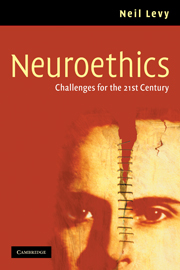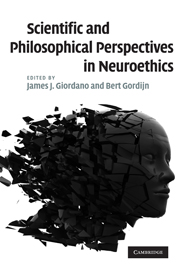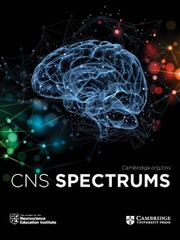Neuroethics
Neuroscience has dramatically increased understanding of how mental states and processes are realized by the brain, thus opening doors for treating the multitude of ways in which minds become dysfunctional. This book explores questions such as when is it permissible to alter a person's memories, influence personality traits or read minds? What can neuroscience tell us about free will, self-control, self-deception and the foundations of morality? The view of neuroethics offered here argues that many of our new powers to read ,alter and
control minds are not entirely unparalleled with older ones. They have, however, expanded to include almost all our social, political and ethical decisions. Written primarily for graduate students, this book will appeal to anyone with an interest in the more philosophical and ethical aspects of the neurosciences.
- Comprehensive: covers the major ethical issues and the philosophical questions, making the book of interest to a wide audience, ranging from bioethicists to philosophers and cognitive scientists
- Up-to-date in both philosophy and neuroscience, giving the reader an understanding of the state of play in the sciences today, as well as taking them into current philosophical debates
- Covers a variety of issues, from psychopathologies to experimentally induced disorders of agency in normal subjects, neuroscience to social psychology, philosophy of mind to applied ethics
Reviews & endorsements
'Neil Levy's book is an important contribution to the developing field of neuroethics. His mastery of a breadth of disciplines from neuroscience and cognitive psychology to moral philosophy is impressive. This book will be a valuable guide to any reader wishing to think seriously about the relationship between neuroscientific knowledge and our understanding of moral judgement, personal responsibility, and the philosophy of mind and brain.' Richard Ashcroft, Professor of Biomedical Ethics, Queen Mary, University of London
Product details
January 2008Adobe eBook Reader
9780511339967
0 pages
0kg
This ISBN is for an eBook version which is distributed on our behalf by a third party.
Table of Contents
- 1. Introduction
- 2. Changing our minds
- 3. The presumption against direct manipulation
- 4. Reading minds/controlling minds
- 5. The neuroethics of memory
- 6. The 'self' of self-control
- 7. The neuroscience of free will
- 8. Self-deception: the normal and the pathological
- 9. The neuroscience of ethics.










